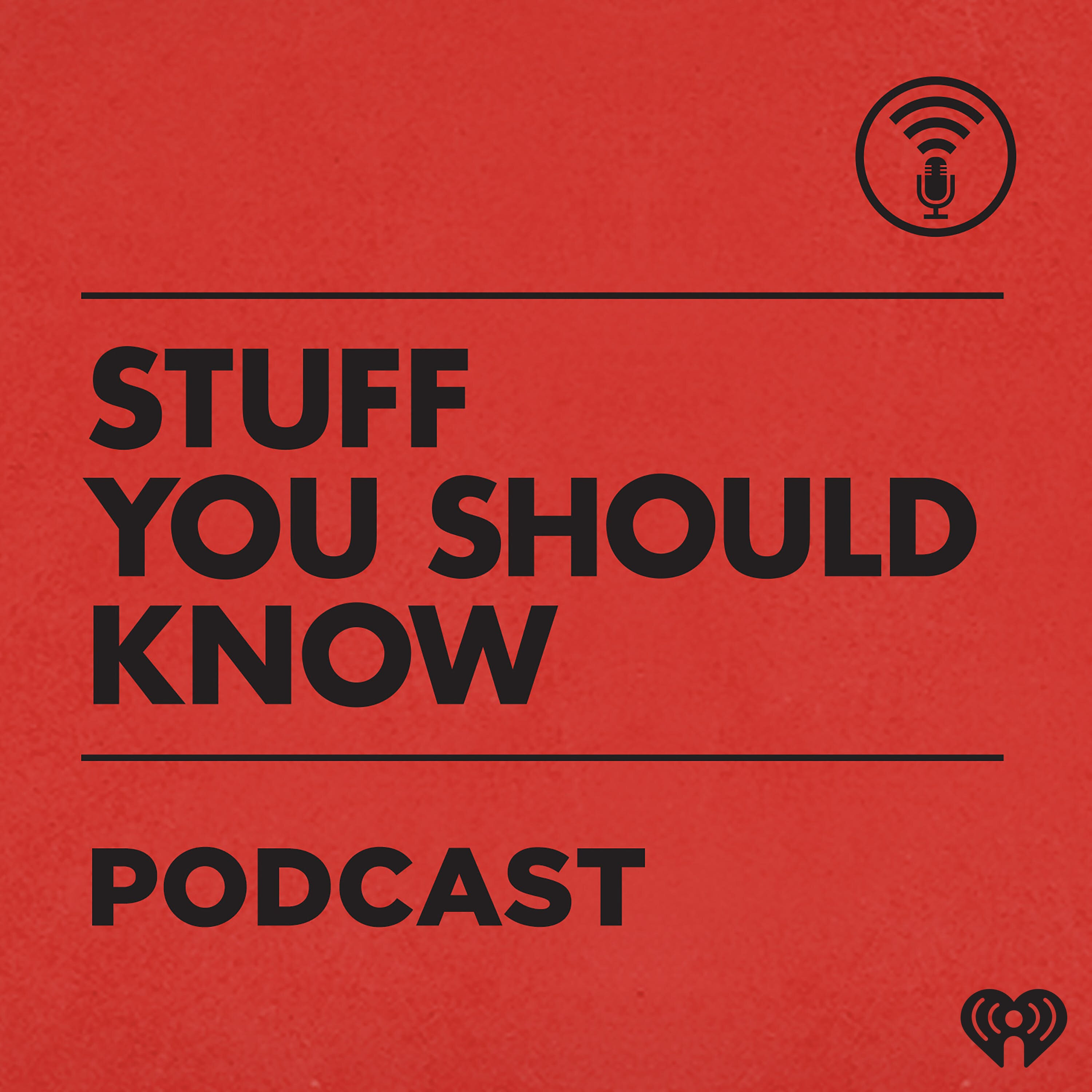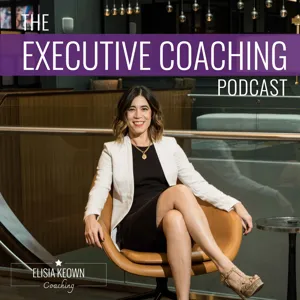Podcast Summary
Exploring Opportunities for Growth and Unique Experiences: Explore opportunities for personal and professional growth through college credits for past experiences, rewarding credit cards, and unique experiences. Embrace new adventures and diverse perspectives.
There are opportunities for personal and professional growth, whether it's through earning college credits for past experiences or traveling the world with a rewarding credit card. Meanwhile, there's also a fascination with the unusual, such as the practice of snake handling, which can serve as a reminder to embrace unique experiences and perspectives. The Capital One Venture X Card offers unlimited 2X miles on every purchase and premium travel benefits, while Purdue Global allows individuals to earn college credits for their work, school, life, or military experiences. Remember, it's never too late to make a comeback or explore new adventures.
Understanding the contexts and motivations for handling snakes: Snakes are handled for religious, professional, and economic reasons. Most bites occur in self-defense, and it's crucial to dispel myths and promote accurate perspectives.
There are various reasons and contexts for handling snakes, with religious snake handling being just one of them. Religious snake handling, also known as serpent handling, is a practice where people handle venomous snakes as part of their religious beliefs. This practice, which is rare and often secretive, gained more public attention through reality TV shows like "Snake Salvation." However, it's important to note that not all snake handling involves religion. There are also professionals, such as herpetologists and snake milkers, who handle snakes for scientific research, education, or economic purposes. Despite common misconceptions, snakes do not naturally want to harm humans. Instead, they usually only bite in self-defense. Understanding the different contexts and motivations for handling snakes can help dispel myths and promote a more accurate and respectful perspective on this complex issue.
Approaching snakes safely: Use extension tools to maintain distance, approach calmly, and avoid causing harm when handling snakes. Contact professionals for assistance.
Handling snakes, especially for those without professional training, can be a risky endeavor. It's crucial to maintain a safe distance from the snake using extension tools, such as long garden tools or hoes. If you must handle a snake, approach it calmly and avoid causing harm. However, it's essential to remember that attempting to handle a snake without proper training and equipment can be dangerous and potentially result in injury or harm to the snake. If you encounter a snake in your home or yard, it's best to contact a professional snake removal service for assistance. They will have the necessary training, experience, and tools to safely handle and remove the snake.
Handling Snakes: Danger and Precautions: Handling snakes requires identification and safety measures due to their potential danger, whether venomous or not. Venomous snakes can inject venom, while non-venomous snakes can bite and cause injury. Professional handling for venom extraction requires expertise and safety protocols.
Snakes can be dangerous and handling them without proper knowledge and precautions can lead to serious consequences. Venomous snakes can inject venom, which can cause tissue damage and even death. On the other hand, non-venomous snakes don't inject venom but can still pose a risk by biting and causing injury. It's essential to identify a snake before attempting to handle it and to use appropriate safety measures, such as using a container to transport it to safety or calling for professional help. Additionally, handling snakes for venom extraction is a legitimate job, but it requires expertise and adherence to safety protocols. The value of venom is significant, with one gram of freeze-dried venom from an exotic snake fetching up to $5,000. However, it takes numerous milkings to obtain that amount. Ultimately, handling snakes, whether for personal interest or professional purposes, requires caution and respect for their potential danger.
Handling Venomous Snakes: Proceed with Care: Handling venomous snakes involves careful steps to prevent tissue damage, internal bleeding, and other severe injuries. Always have a partner present for safety.
Handling snakes, especially venomous ones, carries significant risks due to their ability to cause severe tissue damage and internal bleeding, leading to multi-organ failure, paralysis, respiratory distress, and even death. Milking venomous snakes requires careful handling, including holding the snake behind the head and using your thumb and forefinger to massage the venom glands. Before milking, the snake's fangs must be secured in a membrane over a jar to collect the venom. Milking should always be done with a partner present for safety reasons. Constrictors also pose risks due to their size and strength, potentially causing injury or death by constriction or crushing. It's important to remember that snakes should be respected and handled with care to minimize the risks involved.
The importance of having assistance during snake handling: Handling snakes, especially venomous ones, can be dangerous. Having someone present for assistance is crucial in case of emergencies.
Handling snakes, especially venomous ones, is dangerous and having someone around for assistance can be crucial. This was highlighted in a discussion about Jackass, a film where one of the filmmakers, Lance Bangs, got bitten multiple times during a snake handling scene. The importance of having someone present was further emphasized by recalling a tragic incident of a zookeeper who was found half-swallowed by a python during a night shift. Another significant topic touched upon was the practice of serpent handling within certain religious sects, particularly the Church of God with Signs Following, which gained popularity in Appalachia from the 1910s to the 1940s. Founded by George Hensley, a former alcoholic who believed in taking the Bible's commands literally, this sect believed that handling snakes was a test of faith, with some followers even refusing medical treatment when bitten. Hensley, who claimed to have survived over 400 snake bites, became a prominent figure in this movement. These two themes - the importance of having assistance during snake handling and the historical significance of serpent handling in certain religious practices - offer valuable insights into the risks and beliefs surrounding these activities.
Serpent Handling as Act of Obedience: Handlers in Appalachian region believe handling venomous snakes without safety precautions is an act of obedience to God's command, despite risks of death, due to belief in Holy Spirit protection.
Holiness Serpent Handling in the Appalachian region is not a show of faith or worship of snakes, but rather an act of obedience to God's command. Handlers believe they enter a religious ecstasy when they handle venomous snakes without safety precautions, despite the risks of death. Authorities have tried to pass laws against this practice, but religious freedoms often prevent enforcement. Handlers believe they are protected by the Holy Spirit during these moments. Despite the dangers, this belief and practice has persisted throughout the Appalachian region for decades.
Exploring the Fascination with Snakes, Trials, and Folklore: From the real world of snake handling and its low fatality rate to the captivating stories of unsolved crimes and folklore in podcasts, listeners can explore diverse topics and expand their knowledge.
Despite the warnings and restrictions, some people continue to handle snakes, and surprisingly, the number of deaths from snake bites is relatively low. This phenomenon was explored in a podcast, "History on Trial," which delves into intriguing trials and their impact on society. Another podcast, "Casefile Presents," investigates unsolved crimes, such as the double homicide of Susan Bartlett and Suzanne Armstrong. Meanwhile, in the fictional world, a ferryman guides influential spirits to their eternal rest, sharing their tales. Regarding snake handling, experts suggest that there might be factors at play beyond just the snakes, but more research is needed. These podcasts offer fascinating insights into various aspects of history, crime, and folklore.
Mishandling Snakes Can Harm Them: Improper handling can lead to dry bites, reduced venom potency, and increased aggression in snakes, putting both the snake and handler at risk.
The practice of snake handling in certain religious communities can be detrimental to the snakes, leading to their mistreatment and poor health. Malnourished and underfed snakes are less likely to strike and inject venom effectively, resulting in dry bites. The venom's potency can also be reduced in unhealthy snakes. Additionally, it's possible that the perceived aggression of snakes might be overestimated, and they are less likely to strike when handled gently and without threat. Snakes raised in captivity are also less likely to strike at humans due to lack of fear. From an evolutionary perspective, it doesn't make sense for snakes to deliver a full venom bite to something much larger than themselves, as they would lose their venom and not gain any advantage. Despite these risks, the survival of snake handlers is remarkable, but it highlights the importance of proper care and handling of these animals.
A Self-Taught Scientist's Quest for Snake Venom's Benefits: Bill Haast, a snake enthusiast, injected himself with increasing doses of snake venom to build immunity and develop an antidote, saving 21 lives.
Bill Haast, a self-taught scientist and snake enthusiast, dedicated his life to the belief that snake venom could benefit humans. Haast, who was not a religious snake handler, started experimenting with venom injections on himself in the late 1940s, gradually increasing the dosage over the years. He became immune to the venom and even developed his blood into an antidote, saving 21 lives throughout his career. Despite facing opposition from authorities due to unsanctioned human experimentation, Haast's passion for his cause never wavered. He lived to be 100, injecting a daily cocktail of 32 different snake and reptile venoms. Haast's legacy serves as a testament to his unwavering belief in the potential benefits of snake venom for human health.
Bill Haast's Tragic Accident and Humanitarian Acts: Bill Haast, despite being deeply affected by a tragic accident, continued his snake milking business but also showed compassion by donating his blood to save a boy's life, earning him honorary citizenship.
Bill Haast, the snake milker and serpentarium owner, closed his business seven years after a tragic accident involving a six-year-old boy who fell into a crocodile pit. Haast, who claimed to never have been sick a day in his life, was deeply affected by the incident but continued his milking operation. He even flew to Venezuela to donate his blood to save a boy's life, earning him honorary citizenship. Haast's unusual youthful appearance and claims of good health were also discussed. In response to a listener question, Josh shared that if he could replace a character in a movie, he would choose John Rambo and suggest surrendering earlier in the first film. Another listener asked about favorite books, with Josh recommending "Middlesex" by Jeffrey Eugenides. Trey McLamm posed a thought-provoking question about how our health would be different if we could naturally determine our own wake-up times without alarm clocks. The consensus was that we might all be more mellow.
Discussing potential topics and personal updates: The group discussed various topics, including overseas shows, a podcast about color blindness, updates on personal projects, and the possibility of revisiting past episodes. They emphasized the importance of self-regulation and the value of past experiences.
The group discussed various topics, including the potential for overseas shows, a request for a podcast about color blindness, updates on personal projects, and the possibility of revisiting past episodes. They also touched upon their creative freedom to choose topics and their reflections on the quality of their past work. No clear consensus was reached on hating the 90s or having off-limits topics. The group also shared their thoughts on the importance of self-regulation and the value of past experiences. Overall, the conversation was a mix of personal updates, requests, and reflections.
The 90s: A Decade of Good and Bad Music: The speaker believes the 90s had more bad music than the 80s, with acts like the Spin Doctors being representative, and notes the era's attempt to avoid superficiality but failing at it.
While the speaker has a fondness for the 90s culture, they believe the music of that era had a significant amount of bad music alongside the good. They compared it to the 80s, acknowledging that both decades had their fair share of good and bad music. However, they felt that the 90s had a higher ratio of bad music, with acts like the Spin Doctors being emblematic of the era. They also noted that the 90s seemed to be trying hard not to be superficial but failed at it, unlike the 80s which were known for their vapid and shallow nature. The speaker also shared their excitement about the upcoming iHeartRadio Music Awards, featuring performances by Beyoncé, Justin Timberlake, and others. Additionally, they mentioned Zigazoo, a social network for kids that offers a safe space for them to share videos without comments or messaging.






